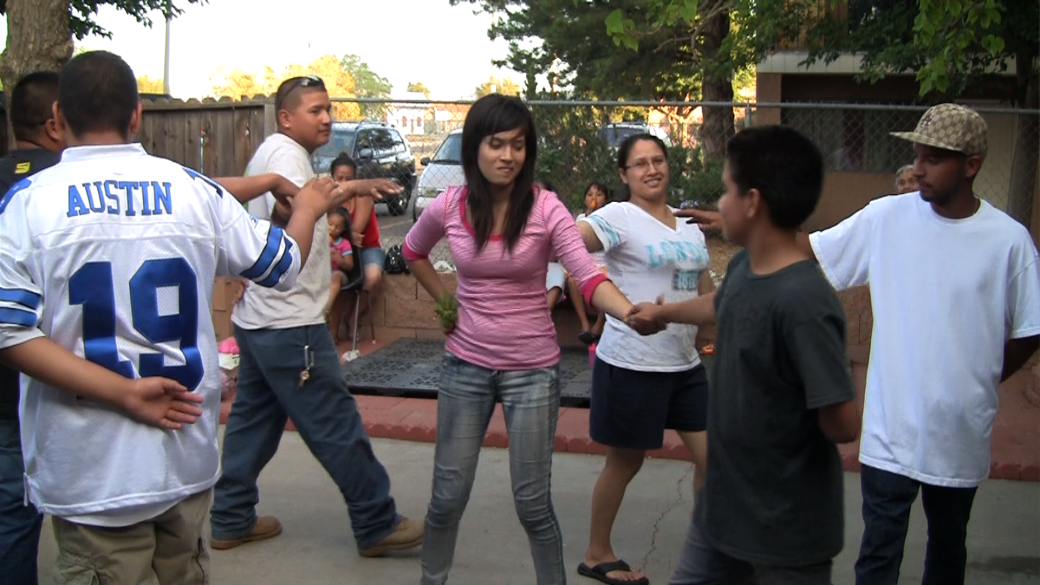Whose Lens Defines the Center: 'Decentering' Social Justice Filmmaking
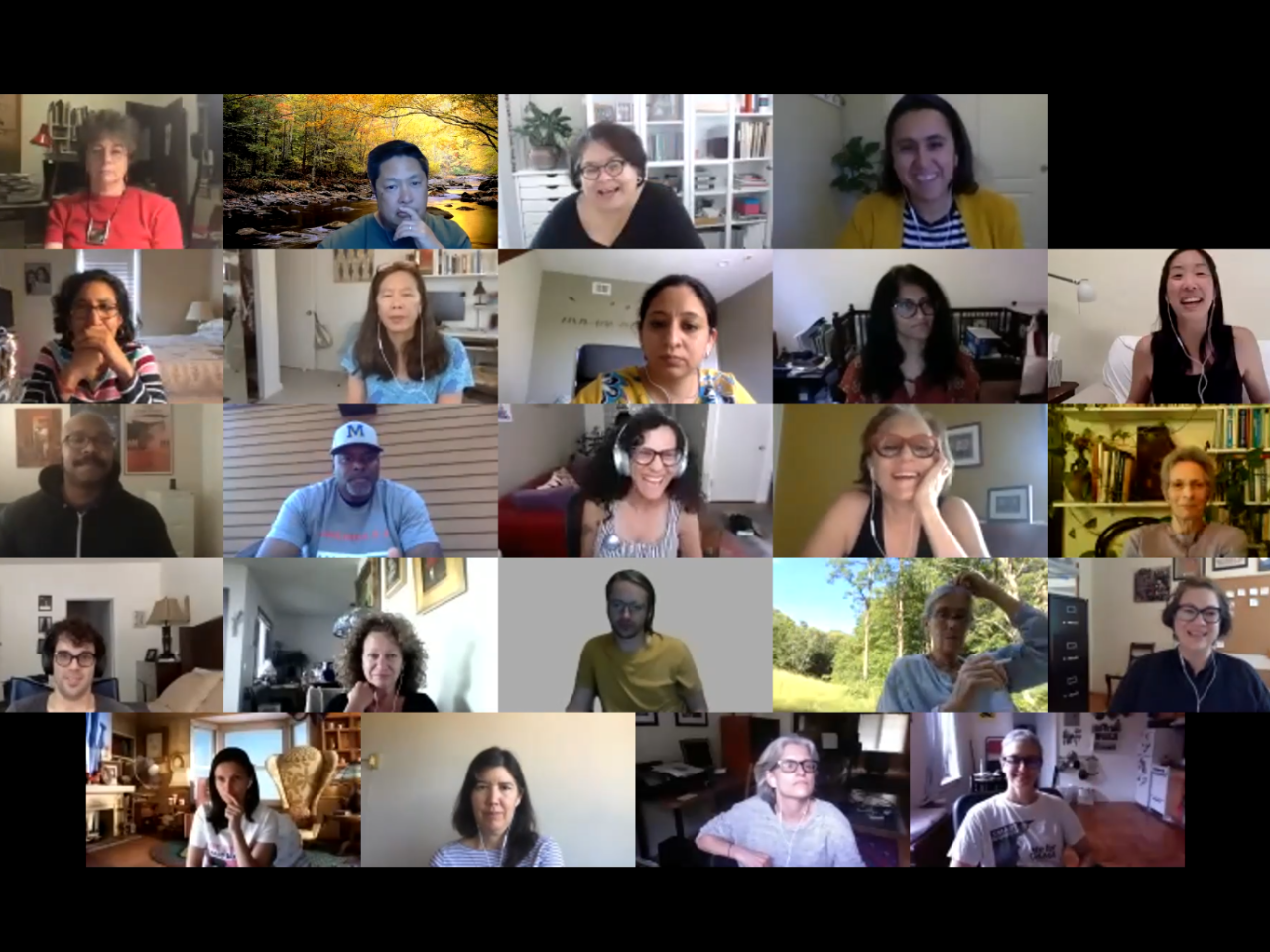
New Day Films Annual Meeting 2020
We all watched as the last few breaths of life were choked out of an unarmed George Floyd. As this horrific travesty was broadcasted across our televisions and social media, the rage that was building from the recent murders of Ahmaud Arbery, Breonna Taylor and countless other Black lives erupted into protests and marches across the globe.
As a social justice-based filmmakers’ cooperative, New Day Films grappled with how to appropriately respond. While many businesses and institutions were quick to issue statements of solidarity, after days of thoughtful contemplation, the leadership of New Day opted for an actionable response. Wanting to move beyond words and intention, the New Day Steering Committee chose to examine opportunities to “decenter” the co-op as well as practices to decolonize the filmmaking process.
Conversations about decentering social justice filmmaking are complex and require a level of discomfort. As a cooperative or co-op, asking ourselves as filmmakers to unlearn familiar, dominant narratives and to “center” those who are marginalized involves hard and at times challenging work. An additional layer that New Day and other institutions must examine is the degree to which colonization, the exploitation and extraction from indigenous people, has influenced the culture of even those groups which promote social justice. And so, the task of increasing self-awareness and unlearning conventional practices that marginalize communities of color was led by Steering Committee member Kathy Huang and included a panel of New Day filmmakers with an enlightening range of experiences and insight.
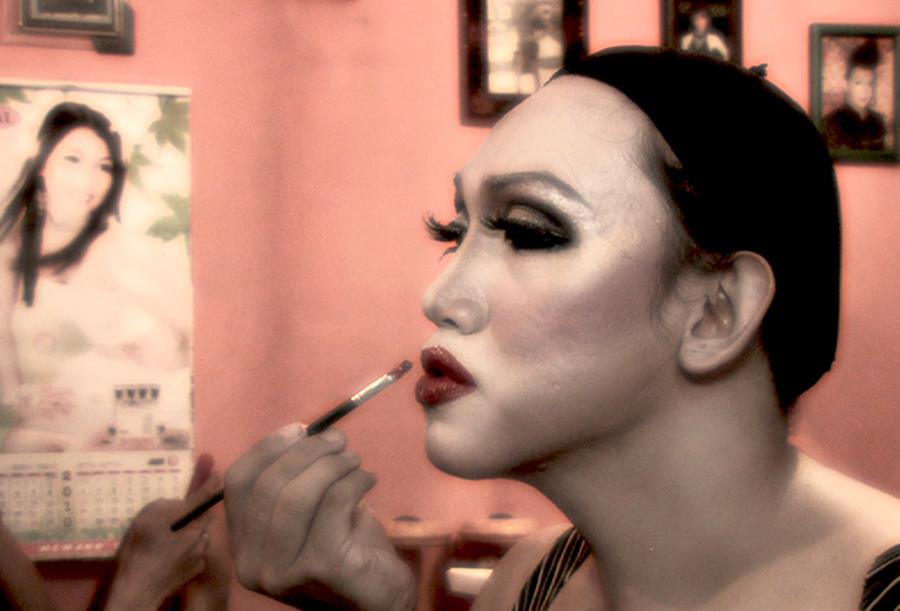
Kathy Huang, Director of Tales of the Waria, moderated the powerful discussion at the New Day Annual Meeting on how to “center” and deepen the involvement of filmmakers from marginalized communities. “We decided that a panel would be the best way to allow us to reflect on some of the major issues and concentrate steps we can take as a co-op. We brought together a fantastic panel of filmmakers who have done a lot of work thinking about ethical practices and how to decolonize their own filmmaking.”
Chithra Jeyaram, Director of Foreign Puzzle shared her experience as a filmmaker of color who felt questioned at every stage about the stories she could tell. Chithra spoke about joining Brown Girls Doc Mafia, an initiative advocating for women and non-binary people of color in the documentary industry, and how membership provided an insider experience. “There was mentorship for proposal writing, but guided towards how I wanted to tell stories instead of how a white person wants it told. Once I got into the New Day co-op, it felt more like an outsider experience. There were a lot of resources and support available to me through New Day, but I had to seek them out vs. Brown Girls Doc Mafia where they were available structurally.” As a person of color, Chithra spoke about the burden of being asked to do the heavy lifting of educating others about the perspectives of marginalized communities. She emphasized the need for New Day to reach out in an intentional way to form partnerships with groups who are made up of predominantly people of color.
Brenda Avila-Hanna, Director of Vida Diferida (Life, deferred) raised the prospect of the co-op creating a New Day fellowship for filmmakers from underrepresented communities. Brenda spoke about the dynamic of underrepresented filmmakers often not feeling like educational distribution is accessible to them. “What privilege entails is that you feel like the world is made for you. When you’re part of an underrepresented community, educational distribution doesn't even cross your mind.” Brenda spoke of the need to bridge the gap for underrepresented filmmakers who have barriers to joining co-op. She emphasized the progress a fellowship could provide toward decentering New Day and improving access to talented, underrepresented filmmakers who require additional support.
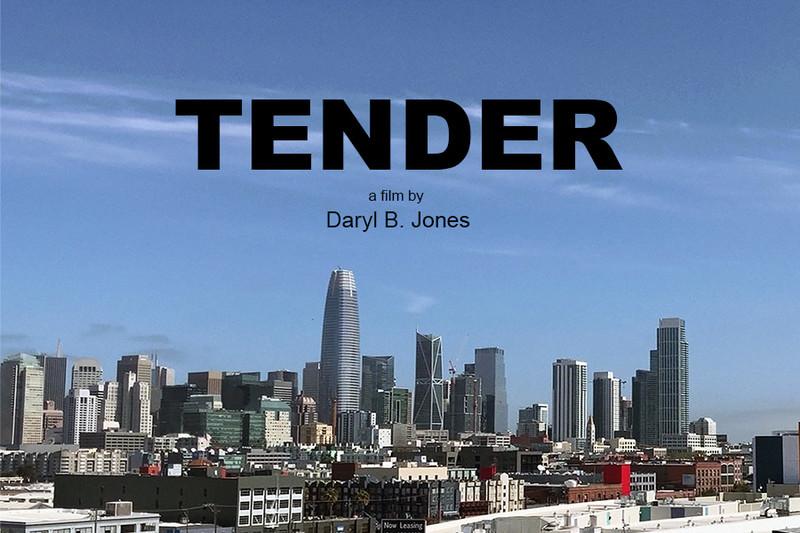
Daryl B. Jones, Director of Tender, shared his insights on decolonizing the practices of educators. “At times, our nation’s history is embarrassing and horrific. We need honest teaching that lead to honest solutions. Today’s students know that voices are being silenced and have been for a long time. I demand that my students question the power and privilege behind the media they consume.” Darryl further discussed the manner by which film production can be decolonized by working with more People of Color and women. He emphasized the need to avoid tokenism and to involve marginalized communities based on authentic motivations.
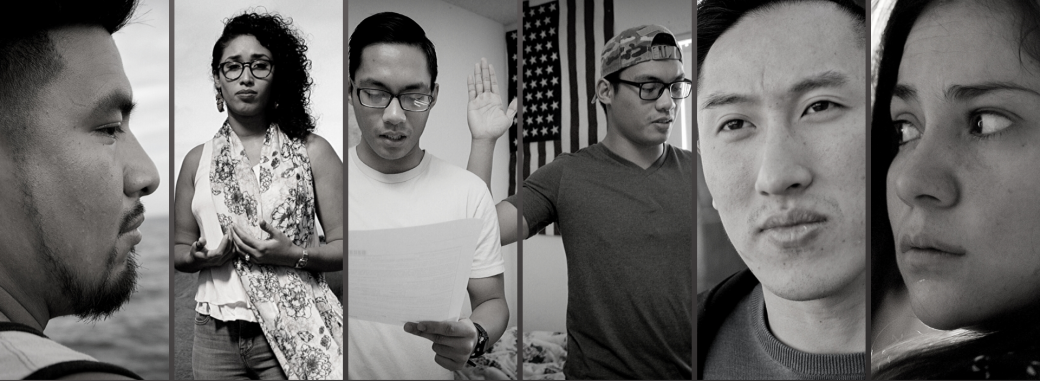
Theo Rigby, Director of Waking Dream spoke from the perspective of a filmmaker who specializes in telling the stories of immigrant communities. “It’s a journey that’s full of times when you get it wrong. I think it’s necessary to be uncomfortable when you’re talking about decentering because if you are the center and you are moved from it, that feels weird. As a white male who is an American citizen working with undocumented communities of color, I need to constantly stop and think about that dynamic from pre-production to the impact campaign.” Theo cautioned other filmmakers about extracting benefits from communities of color who are the subjects of our films, and emphasized the need for allyship and leveraging opportunities such as impact campaigns to lift up marginalized voices and compensate them.
The “decentering panel” at the annual meeting was a critical, necessary step towards addressing inequity and barriers for filmmakers from marginalized communities. However, to make progress toward decentering and decolonizing groups such as New Day Films and other institutions within the film industry, the co-op must now turn its attention to action beyond intention. Now it is time for the hard work to begin.
